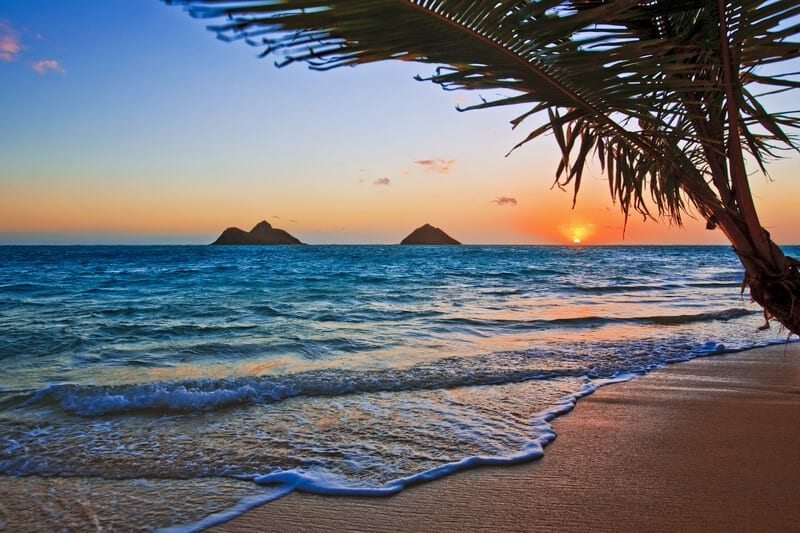
Prefer not to leave your phone number?
No problem!
Schedule an Appointment at your Convenience
(Only email is required)
Schedule an AppointmentOr Call Now
844-545-1881By: Last Updated: Jan 01, 2025
If you're considering a move to Hawaii, you're not alone. With its beautiful beaches, lush landscapes, and laid-back lifestyle, it's no wonder that many people dream of calling Hawaii home. But before you make the move, there are a few things you should know.

Hawaii is a beautiful place to live with its beaches, evergreen landscapes, and laid-back lifestyle. Who wouldn’t want to move there?
Before making the move to Hawaii, there are a few things you should know. Keep reading to find out.
For those who don’t know the order in which the states became states, Hawaii is the 50th state of the United States. Hawaii is an island in the Pacific Ocean, and it is made up of a chain of islands. The capital of Hawaii is Honolulu, located on the island of Oahu, and it has a population of 1.4 million.
So why do people move to Hawaii? Living there is a dream for many due to the island’s gorgeous weather all year round, outdoor activities, vast jungles, stunning sunsets, outstanding waterfalls, beautiful beaches, and the rich Native Hawaiian culture.
Hawaii is an American island paradise, but keep in mind the cost of living can be very high and moving there can be a challenge.
The cost of moving to Hawaii can range from a few hundred dollars if you are shipping a few items through the United Postal Service to over $15,000 for a full-service move.
Your move will be somewhere in the middle on average, and you’ll have the option to customize a moving solution that best fits your needs.
There are many different shipping methods for moving your belongings to Hawaii including by ship, moving container, air, and mail.
This is the most popular method. It can cost around $1,000 for a small studio apartment to $15,000 or more for a large multi-room home.
Full-service moving companies that handle overseas moves are called freight forwarders. Many freight forwarders offer multiple services, which are listed below.
This move costs around $3,000 but can cost more depending on how many items you are shipping and where you are shipping from. Shipping a moving container is cheaper than using a full-service ocean freight, and there are multiple container sizes to fit most needs.
Shipping all your belongings by air to Hawaii can range from a few hundred dollars for small parcels to a couple thousand dollars depending on what moving company you are using, where you are moving to, how much you are shipping, and how quickly you need your items.
Although this shipping option is more expensive, your items will receive your items in a few days, making this the quickest shipping option.
This option is best if you have very few items to ship. The cost depends on a few factors. For example, if you are shipping a few boxes and priority delivery isn’t necessary, the cost can be a couple hundred dollars.
The best thing about using the United Postal Service is you can pay extra for expedited shipping if you need your items fast, or you can choose for longer transit times to save a few bucks.
If you’re looking for a reputable long distance movers to help you with your move to Hawaii, we recommend the following:
BEST OVERALL
BEST CUSTOMER REVIEWS
BEST FOR LONG DISTANCE
The cost of living is higher on a national average, due to it being an island, it being more expensive to ship goods, and high service demands. With the cost of living being higher, expect housing to be on the higher side.
The average rent for a one-bedroom apartment is around $2,500, and the average home is around $900,000.
Studies have shown that to live in the capital city Honolulu, residents need to have $200,000+ in income to live a comfortable life. Electricity, gas, and groceries are also on the higher side. Here is a breakdown.
Hawaii is a beautiful place to live and millions of people travel there worldwide to enjoy the beautiful scenery and native life. If you are planning to move to the aloha state, keep in mind the cost to move and the cost of living.
If you are looking for professional movers, head on over to Moving Feedback. We put you in the right hands of professional movers that fit your needs. We know finding the right mover can be difficult, so let us do it for you.